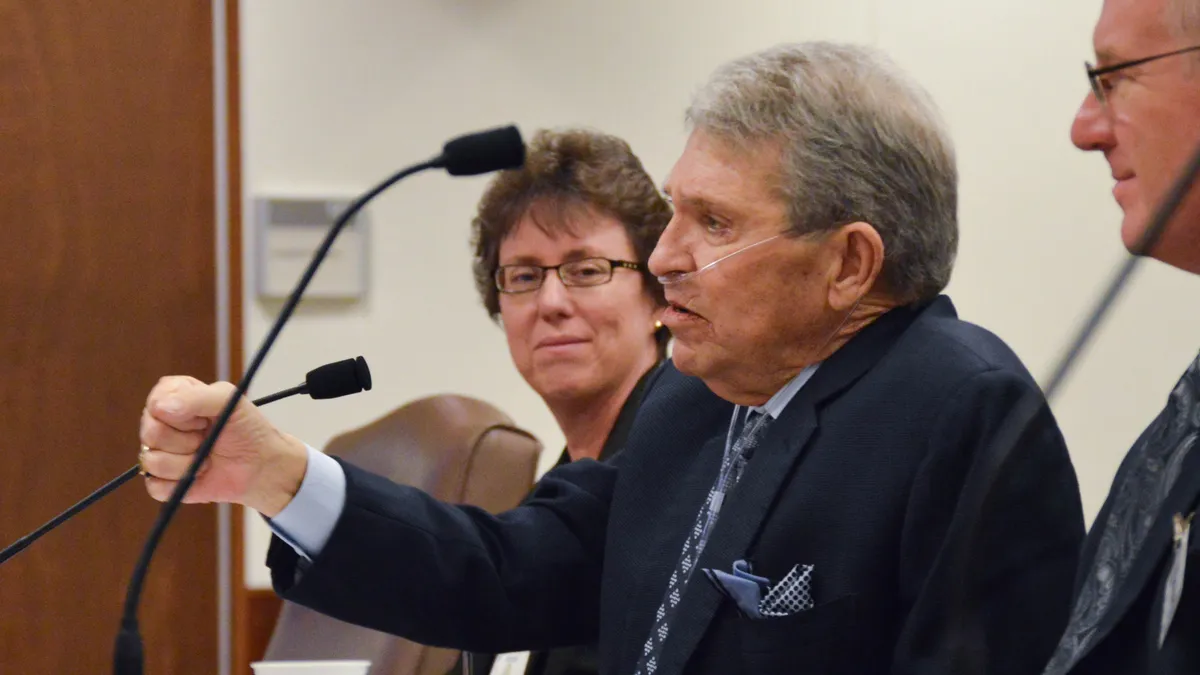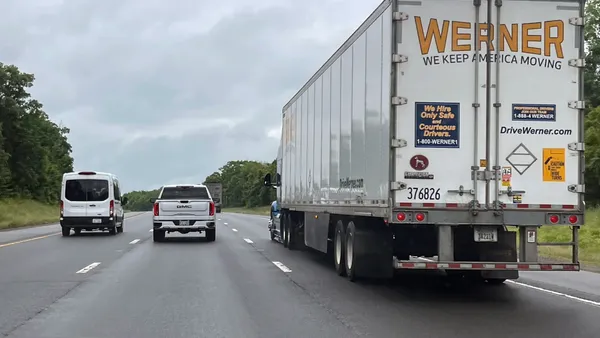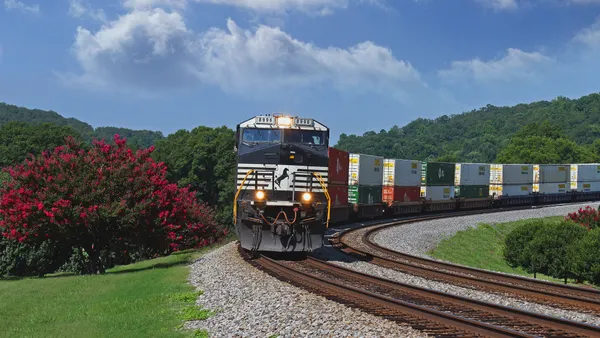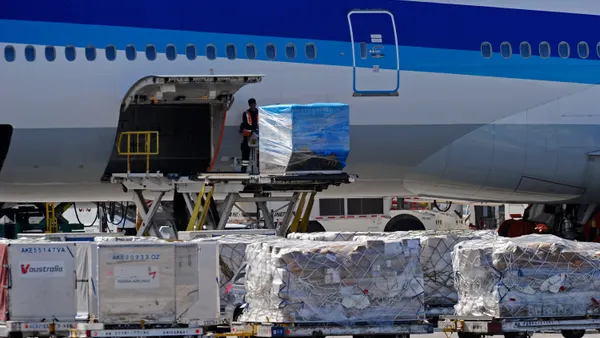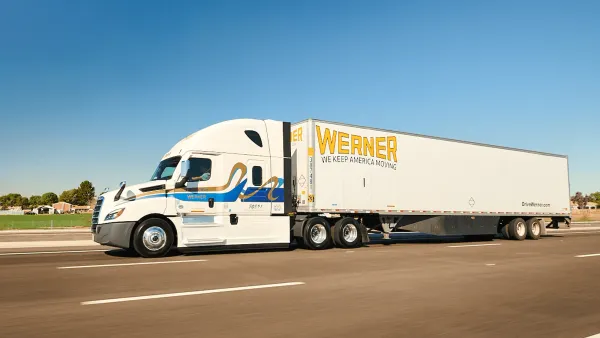Dive Brief:
- Railroad legend E. Hunter Harrison died Saturday "due to unexpectedly severe complications from a recent illness," CSX said over the weekend, mourning the loss of its Chief Executive Officer.
- Harrison had taken a medical leave of absence from his position as CEO on Dec. 14, just two days prior, to treat the illness. At the time, CSX had appointed COO Jim Foote to serve as acting CEO.
- But investors reacted poorly to the news of a medical leave, pulling back their investments and questioning the move to hire him this past January. The railway lost $4 billion in share value overnight, and from the time of Harrison's leave to his death, the company's stock had fallen 9.7%.
Dive Insight:
Harrison may be one of the few people in world history that can claim to have led — and overhauled — three different railroads.
By the end of his career, Harrison had become a high value leadership target for investors looking to turn CSX around. He was hired away from Canadian Pacific for about $300 million, with shareholders approving the move.
The new CEO, they hoped, would transform CSX's earnings over the next four years during the life of his contract.
When Harrison accepted the job, he made it clear he would not stay for long. He was there on a mission: to bring his trademark Precision Scheduled Railroading to CSX, then move on. At a hearing in Washington, D.C., he was steadfast about the model's success, but he would do the job CSX hired him to do, earn his pay and retire once more.
Skepticism persisted. Harrison had been ill before, and his health was a big sticking point for investors when news first arose he may leave CP for CSX. The Wall Street Journal has an excellent exposé of the various health issues Harrison faced at the time and questioning how much CSX knew, even as late as last week's medical leave.
Business ethics questions aside, his tenure — and industry leaders' statements following his death — reveal the executive's storied influence on the industry.
"(Harrison) was an icon who left an indelible mark on North American railroading," said Edward R. Hamberger, Association of American Railroads President and CEO. "On behalf of the entire rail industry, I would like to extend the sincerest condolences to Hunter's family during this difficult time."
Hunter Harrison was a passionate leader who helped elevate the rail industry. We send our sincere condolences to his family and to the @CSX family. #respect pic.twitter.com/0U2pNG7VJG
— Norfolk Southern (@nscorp) December 17, 2017
Still, it is difficult to deny his last year of life was mired with controversy.
In implementing PSR, Harrison slashed 3,700 jobs. By trying to change business models as quickly as possible, Harrison also subjected CSX customers to countless delays.
Supply Chain Dive named him Executive of the Year in 2017, not for his accomplishments, but for his indisputable — and often costly — impact on U.S. supply chains during his short tenure at CSX.
Now, CSX faces a continued controversial transition to PSR but without the public face of the business model. Acting CEO Jim Foote, who had worked with Harrison to implement the model at Canadian National in the past, will now lead the company.
"I believe that the battleship has turned, the Precision Scheduled Railroading framework has been put into place, and the Company has amassed the critical talent – through education of the internal team and supplementation with a complement of strong PSR operating veterans and a strongly supportive Board – sufficient to follow through and execute on the PSR operating plan," Foote said upon his appointment to acting CEO.
"Because the team has implemented a foundation consistent with Hunter’s vision, I do not see any reason to diminish our expectations concerning the pace and magnitude of our future progress," he added.
Harrison's legacy will continue through his business model, which continues to live on at Canadian National, Canadian Pacific and now CSX.
Regardless of what you think of his legacy, this 3-time CEO was a legend in the railroad industry. RIP. https://t.co/pw64AVn9T6
— Edwin Lopez (@EdwinLopezT37) December 17, 2017
"I do not understand why people who see you can be successful in 30 to 35 years of your career, and (say you do) not care about the customer and the top line," Harrison said in October while defending PSR.
The model, he argued, was about improving customer service and asset utilization. "And that's why this organization is going to bounce back, (it) is going to bounce back fighting."
If the railway wants to live up to Harrison's legacy outside of CSX, it will have to prove its late's CEO's words in the next few years. Debate over the model's efficacy will rage on for years to come, but still, the loss of Harrison is a blow to the company, and the industry.



